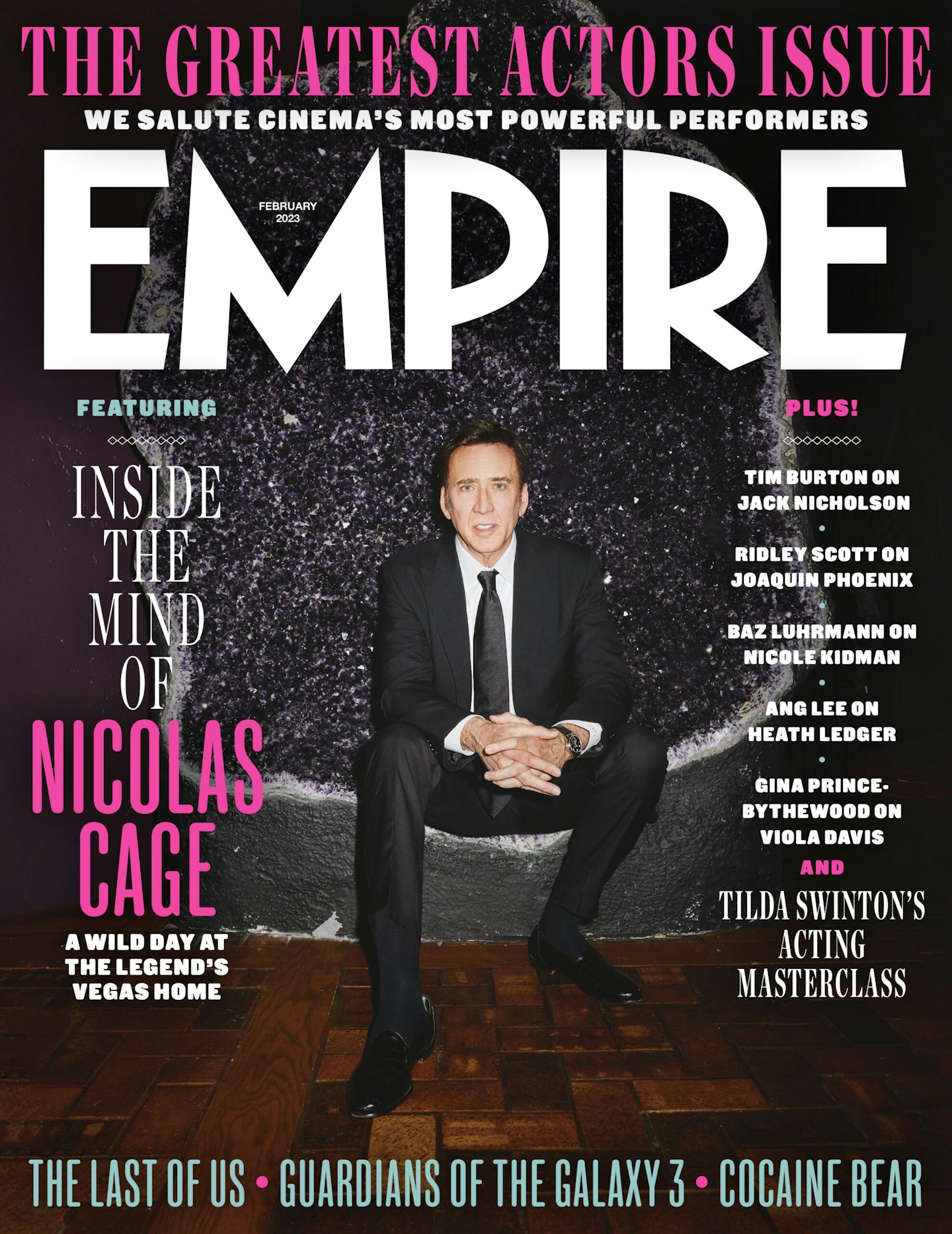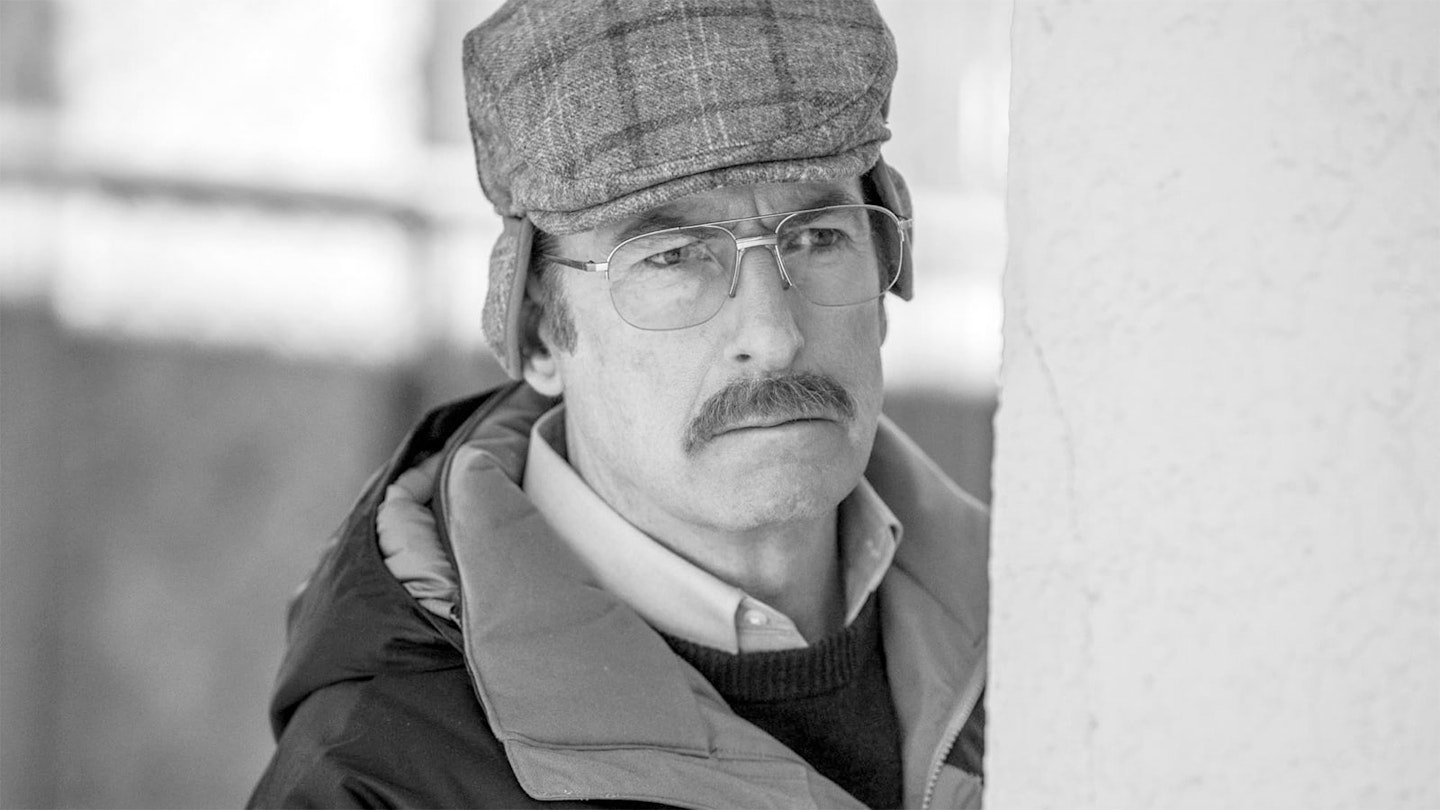It’s been 13 years since Bob Odenkirk first stepped into the shoes of Saul Goodman – aka Slippin’ Jimmy McGill – in Breaking Bad's second season. Few could have predicted that the actor would go on to not only become a mainstay in the celebrated crime saga, but also receive his own spin-off Better Call Saul – reprising the role for six whole seasons, and earning plaudits that place it right along its sibling series in the pantheon of all-time-great shows. Telling the story of Saul both before and after the events of Breaking Bad, the series offered incredible emotional depth to its central character – and Rhea Seehorn’s Kim Wexler, whose fate was always in the balance having never appeared in Breaking Bad.
This year, Odenkirk left Saul behind once and for all in the Season 6 finale – and while he’s already now shooting new series Straight Man, he’s still processing the character he played for more than a decade. “I wanted more time to wallow, and I’m going to wallow for the next ten years or more,” he tells Empire in the new issue – looking back on Saul’s final season and speaking to Odenkirk, Seehorn, showrunner Peter Gould and creator Vince Gilligan. “I know that was probably the role of my lifetime, and that’s a wonderful thing to have had. Some people don’t get that. I will be wallowing the rest of my life.”
In keeping with the overall tone of Better Call Saul, the show’s ending hit big on an emotional level, without succumbing to the kind of pyrotechnics that blowout finales often plump for. “I would not have predicted it,” admits Odenkirk of where the show ended up – with SPOILER ALERT Saul (or, Jimmy) in prison, and a glimmer of reconnecting with Kim. “I would have predicted an ending with more explosions. I’m so glad there weren’t. And yet the weird thing about it to me is that it really came from relaxing your grip on the characters. One of the struggles I had, and Rhea had this too, is that the characters were very emotionally intelligent about almost everybody they interacted with, and yet had these blind spots regarding their own behaviour. And in the end the writers granted these characters the self-knowledge that I felt they always had. I thought it was beautiful. When I read it, I was like, ‘Yes, exactly, that’s what should happen.’”
The final sequence was full of resonance for Seehorn too. “To have Kim leave Jimmy behind in a place that feels so punishing, so isolating, scary and sad was really, really hard,” she says, reflecting on the closing prison scene. “I hadn’t realised the way Bob-as-Jimmy was going to look at me, and it was so arresting. To me, it was so much about him letting her know, ‘I’m okay, the best of me that you always saw is alive and well,’ and I think she’s trying to let him know, ‘I see that.’ She still loves him. I always felt that was key. The entire series, these two people had all sorts of different masks they wear out in the world, and they only truly felt seen by each other. That’s what that last moment felt like to me.” Consider the landing well and truly stuck.

Read Empire’s full feature on the end of Better Call Saul, packed with brand new interviews with its stars and creators, in the 50 Greatest Actors issue – on sale Thursday 22 December and available to pre-order online here.
